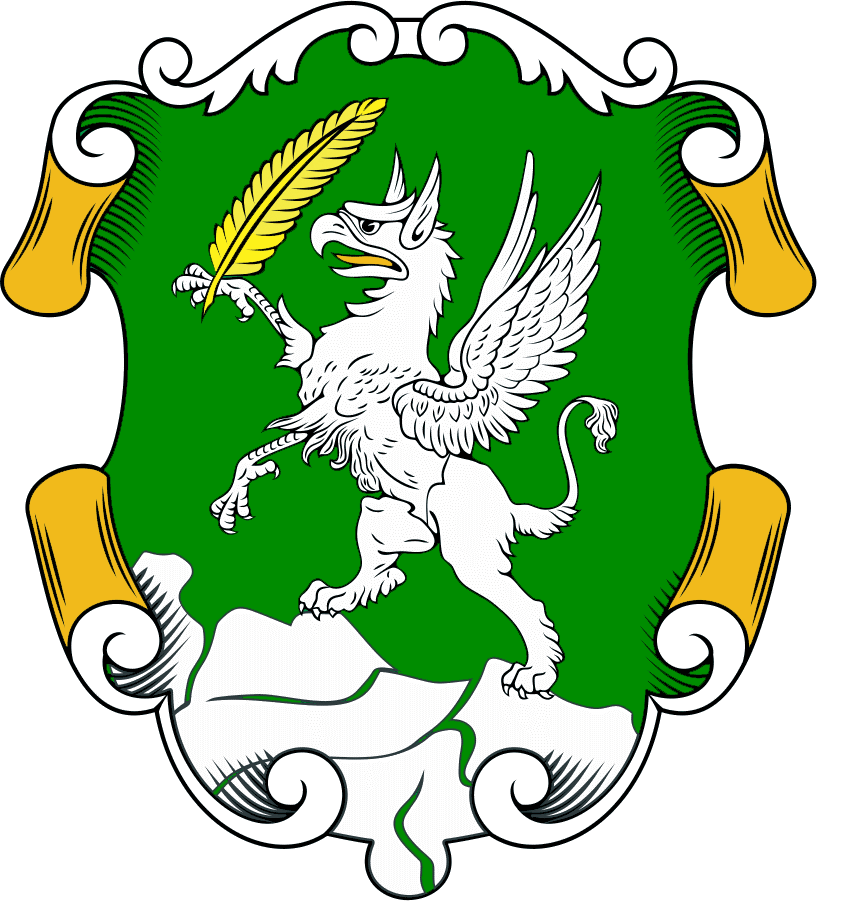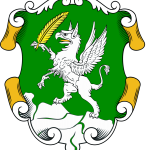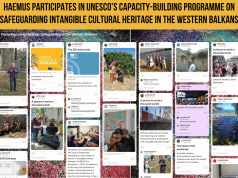
On September 30, 2024, Vasilka Dimitrovska, Creative Director of HAEMUS held a public masterclass on value-based heritage interpretation, hosted by Galichica National Park in partnership with HAEMUS.
For this event, a Facebook event page was created, along with a registration form, and the information was shared across social media and through a newsletter.
As the creative director of HAEMUS, a certified heritage interpretation trainer by Interpret Europe and UNESCO, and the creator of the educational programs Storytelling Skopje and Storytelling Macedonia, Vasilka Dimitrovska had the pleasure of leading this masterclass.
The workshop was designed for professionals in the fields of natural and cultural heritage, individuals, and representatives from institutions and organizations, including museum workers, tourism professionals and guides, educators from all phases of formal and informal education, ecologists, national park employees, UNESCO heritage bearers, Slow Food network members, and other professionals involved in these areas.

The event consisted of two parts: the first part was a presentation explaining value-based heritage interpretation, followed by a discussion where all participants had the opportunity to ask questions. We were pleased to see the attendees gain an understanding of the fundamentals of heritage interpretation. The main goal of the event was to promote the protection of natural, cultural, and intangible heritage, ensuring its sustainability through engaging storytelling, community involvement, and fostering a deeper connection with our shared heritage.
Heritage interpretation is a powerful educational, communication, and visual tool that brings heritage to life for visitors. It helps participants form a deeper connection with the local heritage, inspires communities to practice sustainability, and preserves natural and cultural heritage for future generations through interpretive methods and tools.
Brief Info: After three years of testing, the UNESCO Regional Office in Venice adopted the Interpret Europe approach, officially recognizing it as “value-based heritage interpretation.” This recognition led to the launch of the joint initiative ‘Learning Landscapes,’ aimed at fostering deeper engagement with heritage through educational programs aligned with sustainability goals.





